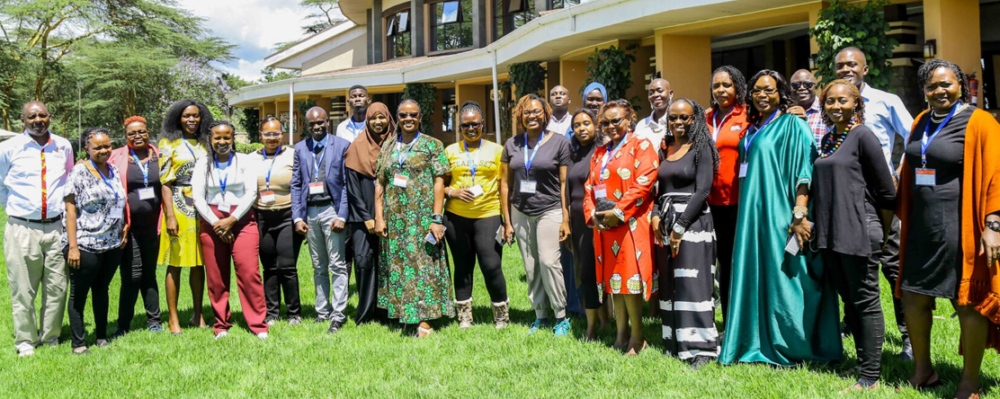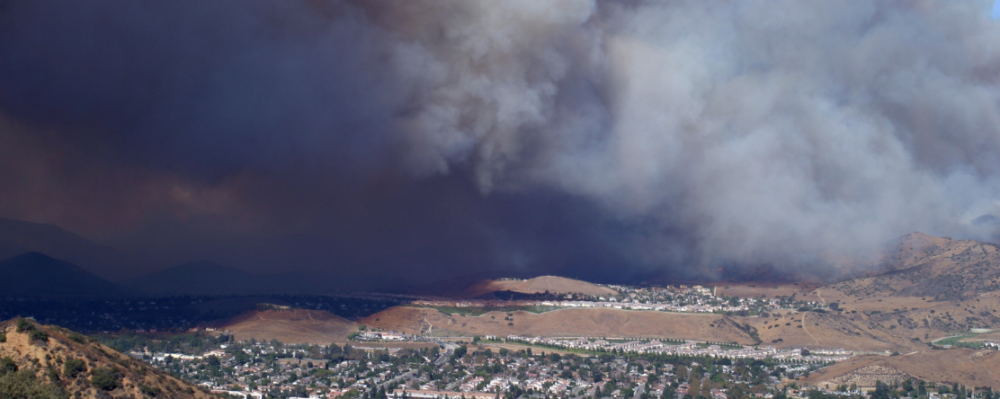
In the News
Contact Tracing Helped Clark County Move Into Phase 2
- Camas-Washougal Post-Record
-
Focus Areas
Communicable Disease Prevention -
Expertise
Public-Private Partnerships -
Programs
Tracing Health -
Strategic Initiatives
COVID-19
Clark County, Washington faced one of Pacific Northwest’s largest COVID-19 outbreaks, and county health officials needed help, fast. PHI quickly assembled its Tracing Health program and got to work.
Tracing Health’s role allowed Clark County to move forward in its phased re-opening after nearly 80 employees at Firestone Pacific Foods, a frozen fruit packing facility in the area, tested positive for COVID-19. On June 5, just one week after receiving the contract with Clark County, the Tracing Health program had cleared more than 100 employees at Firestone and achieved an 85-percent contact rate.
“PHI immediately provided assistance and, as a result, we were able to control the (Firestone) outbreak and keep it from spreading further into our community. Our experience with PHI has exceeded our expectations. PHI provides services in multiple languages, they respect diversity and understand how the social determinants of health affect morbidity and mortality from COVID-19.” Alan Melnick, Clark County public health director and health officer.
The Tracing Health initiative uses contact-tracing — identifying and helping those potentially exposed to COVID-19 quarantine in their homes — to “flatten the curve” and help slow the spread of the coronavirus as communities slowly reopen.
“Everyone that gets COVID-19 typically passes it on to two people, which doesn’t sound like a lot, but that would mean cases would double everyday. If you can knock that down to just one person, then you’re holding steady. We want to make sure that those who have been exposed to the virus or become ill have the support they need to stay home in quarantine. People should know that even if they have been exposed to the virus, their homes, families and employment will still be safe.” Marta Induni, program director for PHI’s Tracing Health program.
PHI’s Tracing Health program is working in a close local partnership with the Oregon Public Health Institute. Having recognized that COVID-19 has had a disproportionate impact on communities of color, PHI and OPHI recruited local bilingual and multilingual staff, many of whom have a background in public health or social service work.
“Every one of our Tracing Health team members applied for this job because they see and feel the impact of COVID-19 on their communities. They want to use their language skills, professional backgrounds, and lived experience to help during this pandemic. If residents receive a call from us, we want them to know that we’re here to help and will put their health, safety, and comfort first. During this time of public health crisis, we are dedicated to implementing solutions that build trust, advance equity, and position communities to reopen safely.” Emily Henke, executive director of Oregon Public Health Institute.
OPHI and PHI are continuing to hire for contact tracers, supervisors, resource coordinators and scientific staff, including data analysts, epidemiologists and research supervisors. Open positions are posted on the PHI website.
Click below to read the full story.
Originally published by Camas-Washougal Post-Record
More Updates
Work With Us
You change the world. We do the rest. Explore fiscal sponsorship at PHI.
Support Us
Together, we can accelerate our response to public health’s most critical issues.
Find Employment
Begin your career at the Public Health Institute.



